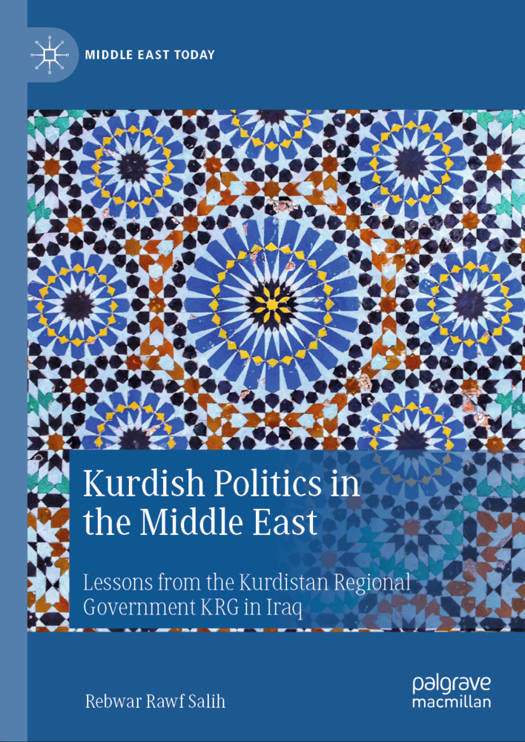
- Retrait gratuit dans votre magasin Club
- 7.000.000 titres dans notre catalogue
- Payer en toute sécurité
- Toujours un magasin près de chez vous
- Retrait gratuit dans votre magasin Club
- 7.000.0000 titres dans notre catalogue
- Payer en toute sécurité
- Toujours un magasin près de chez vous
Kurdish Politics in the Middle East
Lessons from the Kurdistan Regional Government Krg in Iraq
SalihDescription
This book, operating within the domain of political sociology, undertakes a comprehensive examination of the Kurdistan Regional Government's (KRG) internal challenges. It centres on the erosion of trust within the KRG's governance structures and its diminishing influence vis-à-vis the central government in Baghdad. Pivoting on the contemporary era of the region, marked by the US invasion of Iraq, the chapters provide an empirically rigorous chronological account of Kurdish influence on the Iraqi political landscape up until the pivotal 2017 independence referendum. The book analyses the complex array of factors contributing to the KRG's perceived failures, offering valuable insights and lessons that may be gleaned from these developments, and meticulously dissects the intricate interplay of political, economic, and military dynamics that have shaped the KRG's trajectory. Salih unravels the paradox of Kurdish leaders and political parties, seemingly engaged in self-defeating actions, yet retaining their positions of power and influence. Drawing on established sociological methodologies, the book presents an in-depth exploration of the motivations and mechanisms underpinning these enigmatic behaviours. Providing readers with a comprehensive exploration of Kurdish politics within a broader regional context, the book invites readers to engage with its analytical rigour, offering a scholarly lens through which to assess the KRG's intricate challenges and opportunities for the future.
Spécifications
Parties prenantes
- Auteur(s) :
- Editeur:
Contenu
- Nombre de pages :
- 238
- Langue:
- Anglais
- Collection :
Caractéristiques
- EAN:
- 9783031668258
- Date de parution :
- 08-01-25
- Format:
- Livre relié
- Format numérique:
- Genaaid
- Dimensions :
- 148 mm x 210 mm







